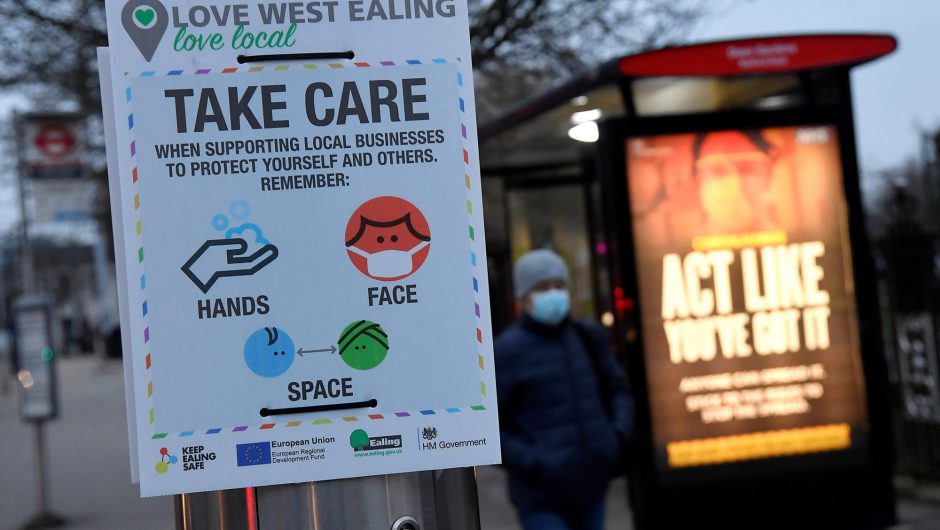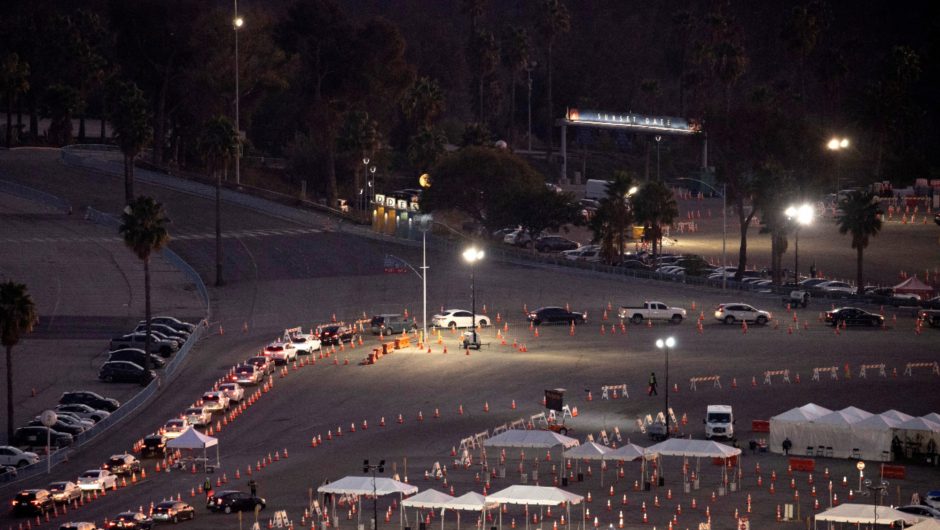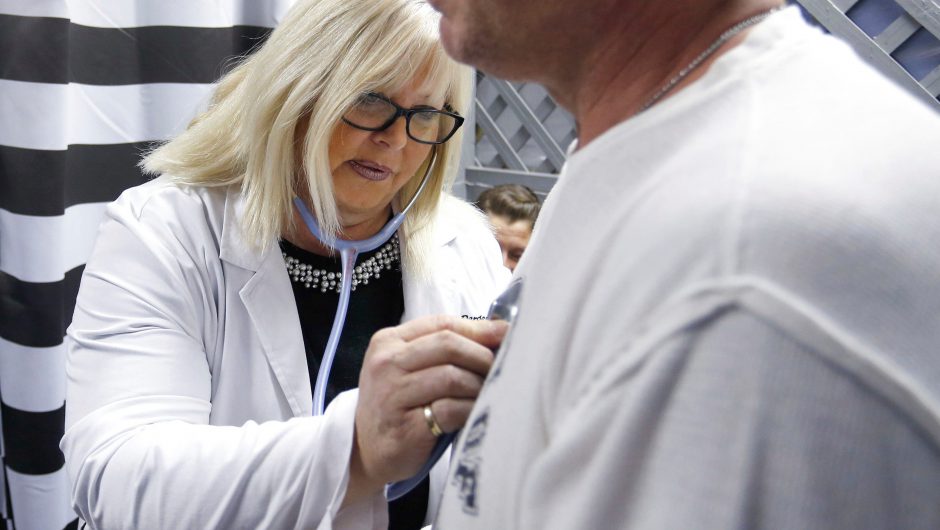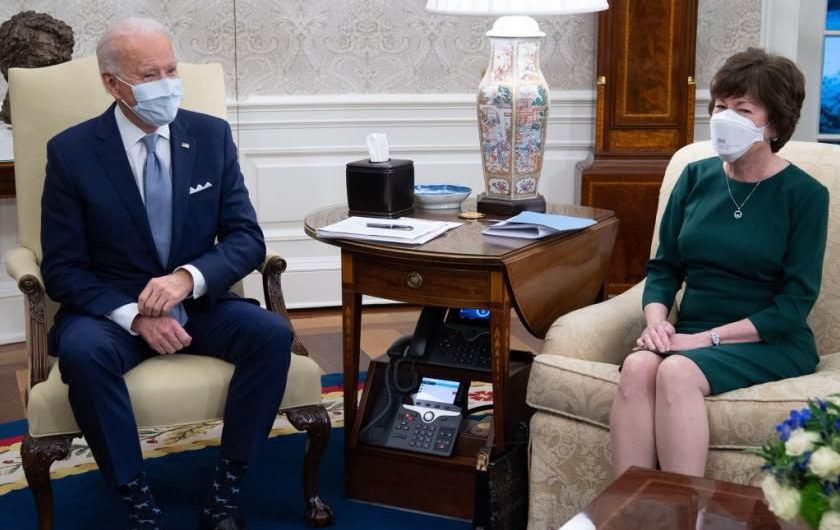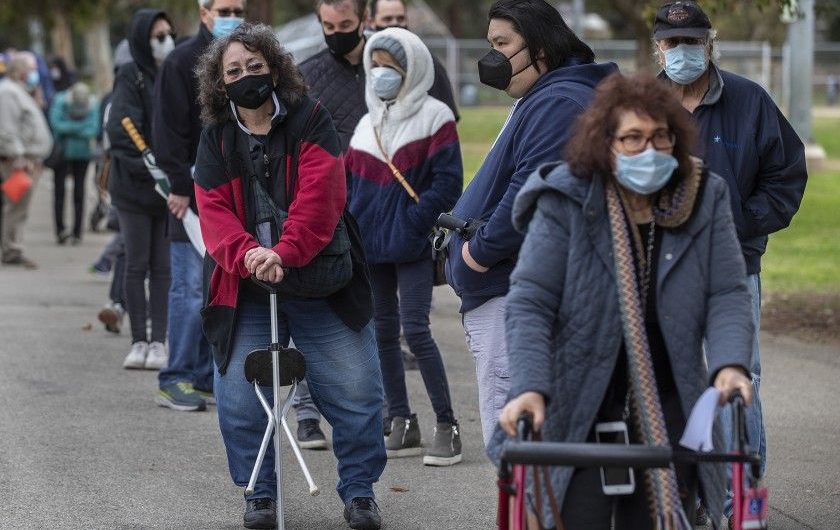[ad_1]
Public Domain
Navy Capt. Brett Crozier has been vindicated after warning of a dire coronavirus outbreak aboard the USS Theodore Roosevelt—just not by the Navy, which on Friday announced that it will not reverse Crozier’s firing for the infraction of trying to save his sailors’ lives.
Instead, the Navy leadership implied that Crozier was responsible for the outbreak that he loudly warned he needed urgent help from the Navy to redress.
“If Capt. Crozier was still in command today, I would be relieving him,” the chief of naval operations, Adm. Mike Gilday, said on Friday. Less than two months ago, Gilday recommended reinstating Crozier.
A final report into Crozier’s firing, released Friday, accused the Roosevelt commander and his team of being “biased by groupthink, emotion and a loss of perspective as to the real risk at hand”—as well as an insufficient appreciation of how the fleet commander was working tirelessly to aid evacuation from the ship, something Crozier had challenged.
The report, written by Gilday’s second in command, Adm. Robert Burke, levied the extraordinary claim that Crozier’s team “took little to no action within their own span of control to improve the crew’s safety.”
The Navy fired Crozier after his Mar. 30 plea to the Navy to evacuate the aircraft carrier’s crew for treatment became public. Crozier had implicitly challenged the Pentagon’s approach to the pandemic, which had been to continue as much military activity as possible, under the rationale of maintaining readiness. “Sailors do not need to die,” Crozier warned in a letter reported by the San Francisco Chronicle.
Acting Navy Secretary Resigns After Calling Capt. Crozier ‘Stupid’
It was a debacle for the Navy. An initial outbreak afflicting around 100 sailors among the 4,000-strong crew ultimately swelled to 1,273 —including Crozier himself. Yet the acting Navy secretary, Thomas Modly, blamed Crozier for being “too naive or too stupid” to believe his letter wouldn’t become public, even flying to Guam to admonish the cashiered captain to a disgusted crew. Within days, Modly quit in disgrace amid public outrage over his comments. One sailor aboard the Roosevelt, Aviation Ordnanceman Chief Petty Officer Charles Robert Thacker Jr., died from COVID-19.
Story continues
An internal Navy investigation, completed in late April, recommended Crozier’s reinstatement. Yet when Defense Secretary Mark Esper was briefed on it, Esper opted to wait until “receiv[ing] a written copy” before “meet[ing] again with Navy leadership to discuss next steps,” Pentagon spokesperson Jonathan Rath Hoffman said on Apr. 24.
On Friday afternoon, following a broader investigation, Gilday and Modly’s successor, Navy Secretary Kenneth J. Braithwaite, implied variously that Crozier was derelict in his own responsibilities to aid the crew—and even painted him as lethargic in his response.
Citing a subsequent investigation, Gilday said that Crozier “should have been more decisive” when the afflicted Roosevelt pulled into Guam, particularly in evacuating sailors into spaces the Navy scrambled to secure ashore. Crozier had been alarmed at the insufficient distance between the beds and pressed for individual hotel rooms for the 4,000-strong crew. The report found that Crozier considered the temporary berthing on Guam “worse than the ship.” Gilday said that Crozier was seemingly unaware that negotiations with the Guam authorities for the rooms were underway at the time of his letter.
Yet Gilday also conceded that when Crozier’s superior at the Navy’s Pacific Fleet, Adm. John Aquilino, asked the captain what else he needed, Crozier’s response was “to move faster on the hotels.” Gilday, who insisted “those wheels were well in motion,” said Crozier had not prioritized “safety over comfort,” resulting in what he called an “almost paralysis” from Crozier – in short, the same infractions Crozier had levied at the Navy.
“I was not impressed with the slow egress off the ship, the lack of a plan to do so, the Seventh Fleet commander’s demand for a plan that he didn’t receive until the day Crozier got relieved,” Gilday said. That commander, Rear Adm. Stuart Baker, will not be promoted until a further investigation occurs.
Asked how to reconcile the Navy’s investigation with the urgency of Crozier’s March 30 letter, Gilday said he didn’t “have a good answer.” Yet he dodged answering whether the new investigation included an interview with Crozier. Footnotes in the report reference a “statement” Crozier gave to the inquiry on May 15.
But Gilday said that Crozier was not being punished for his email, the reason Modly had fired him. The Navy chief also said Crozier had done “a bunch of things right.”
In addition to Crozier and Baker, Gilday said the commander of the carrier’s air wing and the Roosevelt’s medical offer would receive administrative reprisal. The report even seems to chide the crew for its famous send-off to the fired Crozier: the sailors were “amassing and then cheering and chanting his name with only a small number wearing masks and with no social distancing.”
For all the Navy’s investigations and re-investigations, Gilday also conceded that the Navy still does not know how the novel coronavirus made it to the ship. He said it’s “likely” to have happened during an earlier port visit to Vietnam, though Gilday defended the port visit and said none of the officers responsible for that decision—all of whom, unlike Crozier, are admirals—would face reprimand.
In a statement, Hoffman said that Esper “believes the investigation to have been thorough and fair and supports the Navy’s decisions based on their findings. We are proud of the crew of the USS Theodore Roosevelt and am glad that they are back at sea in the western Pacific projecting American power.”
Read more at The Daily Beast.
Get our top stories in your inbox every day. Sign up now!
Daily Beast Membership: Beast Inside goes deeper on the stories that matter to you. Learn more.
[ad_2]
Source link


